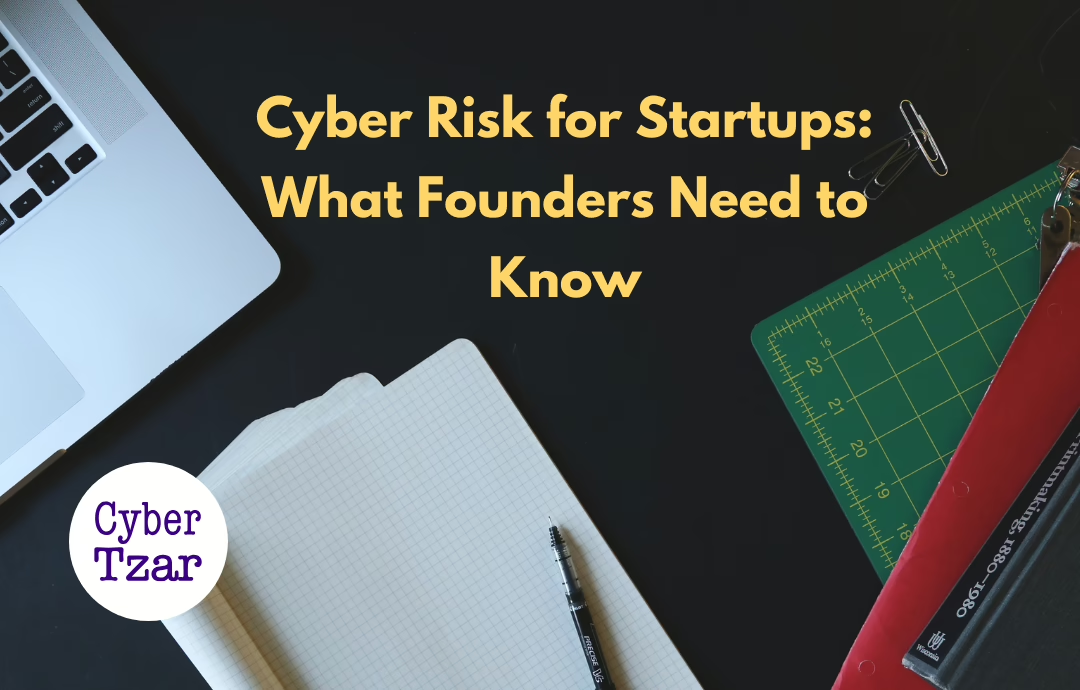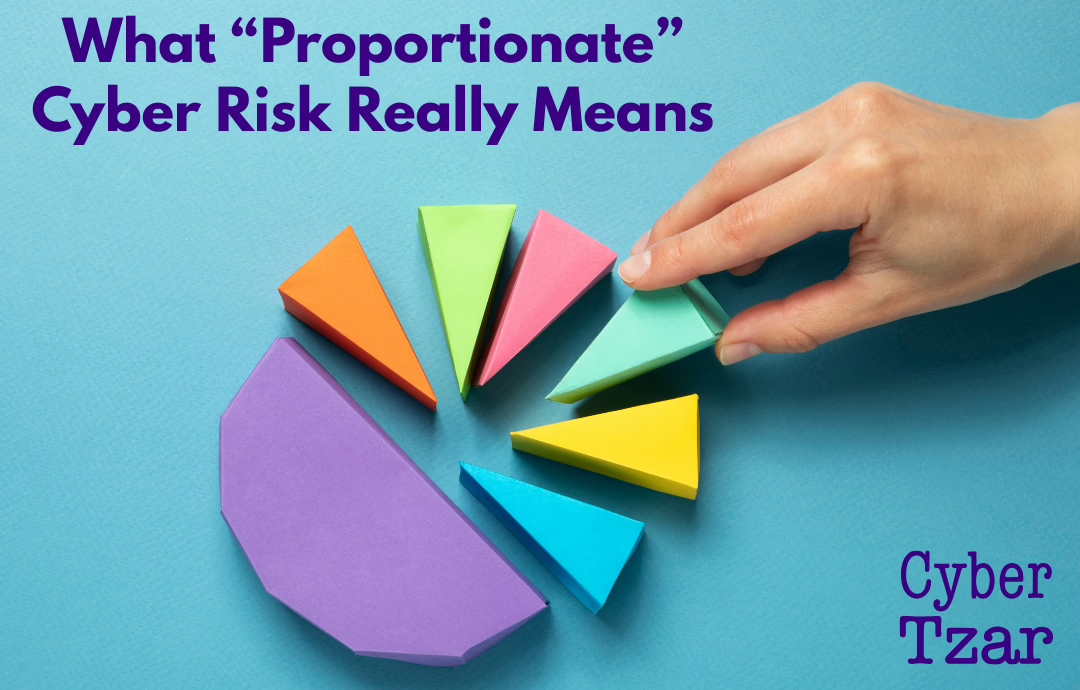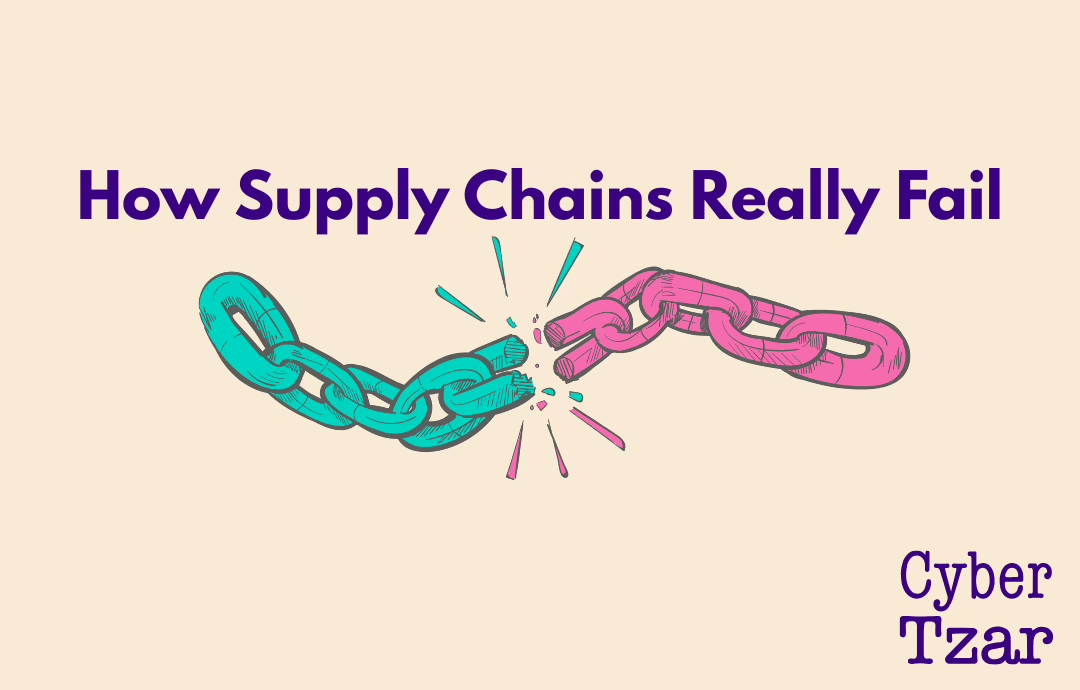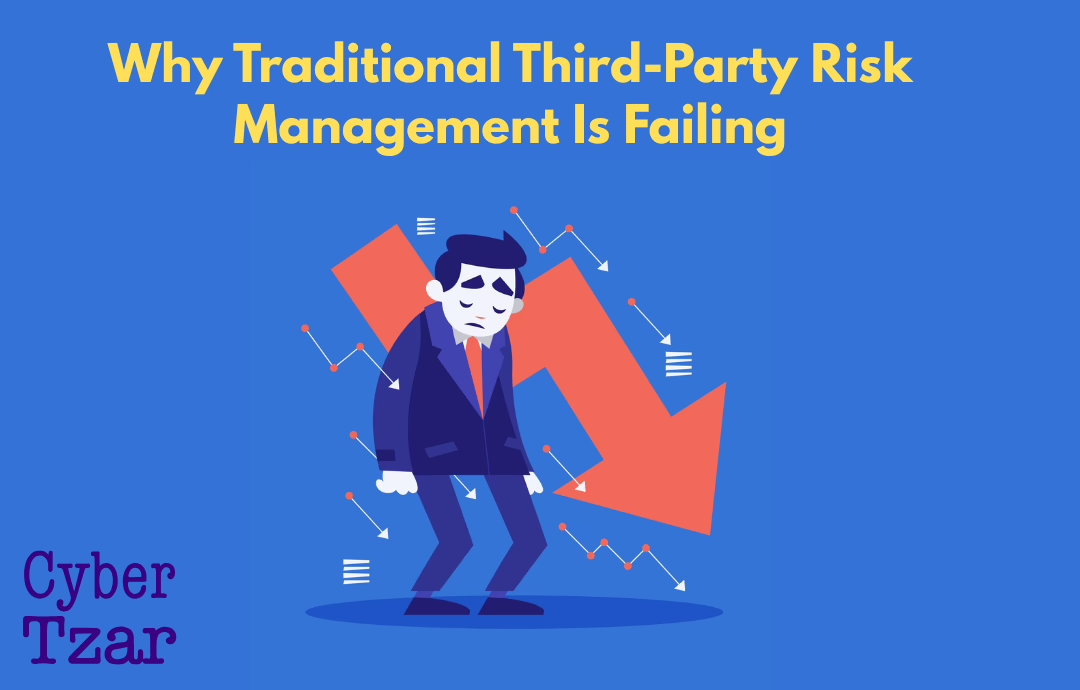Introduction
For startups, cybersecurity is often an afterthought—until something goes wrong. In the race to scale, security is frequently deprioritised in favour of speed, leaving gaps that cybercriminals are quick to exploit. Whether you’re a fintech, SaaS platform, AI startup, or high-growth e-commerce business, ignoring cybersecurity can be a costly mistake—affecting funding, reputation, and long-term viability.
This article breaks down the key cyber risks facing startups and provides practical steps for founders to secure their businesses without stalling growth.
1️⃣ Why Cyber Risk is a Startup Problem (Not Just an Enterprise Concern)
Many startups assume they’re too small to be targeted, but in reality:
✅ 42% of cyber attacks target small and mid-sized businesses.
✅ 60% of SMEs that suffer a major cyber attack go out of business within six months.
✅ Investors and customers now expect cybersecurity to be built-in, especially in regulated industries like fintech, healthtech, and SaaS.
Cyber risk isn’t just an IT issue—it’s a business risk that can derail funding rounds, lead to data breaches, and ultimately impact survival.
2️⃣ The Biggest Cyber Risks for Startups
🔹 1. Supply Chain & Third-Party Risk
Most startups rely on cloud-based services, open-source software, and third-party vendors for core operations. While these tools accelerate growth, they also introduce vulnerabilities.
Common Risks:
- Weak security practices by vendors – If a supplier is compromised, your data could be too.
- Open-source software vulnerabilities – Many breaches originate from unpatched dependencies.
- Unsecured API integrations – Poorly configured APIs can expose sensitive data.
🛡️ How to Reduce Risk:
✔ Vet third-party vendors – Require cybersecurity standards for SaaS providers.
✔ Limit API permissions – Grant only the minimum access needed.
✔ Monitor supply chain security – Use tools that assess vendor risks in real-time.
🔹 2. Ransomware & Data Breaches
Startups handle valuable customer, financial, and intellectual property data, making them prime ransomware targets.
Common Risks:
- Phishing emails targeting founders and early employees.
- Weak passwords leading to stolen credentials.
- Unsecured databases or cloud storage.
🛡️ How to Reduce Risk:
✔ Use Multi-Factor Authentication (MFA) on all accounts.
✔ Encrypt customer & business data at rest and in transit.
✔ Back up data securely and store it offline to prevent ransomware impact.
🔹 3. Employee & Insider Threats
In early-stage startups, employees often have broad access to systems, increasing the risk of accidental or malicious data breaches.
Common Risks:
- Shared login credentials across multiple platforms.
- Departing employees retaining access to critical accounts.
- Lack of security training leading to accidental exposure of sensitive data.
🛡️ How to Reduce Risk:
✔ Implement Role-Based Access Control (RBAC) – Only give access to those who need it.
✔ Revoke access immediately when an employee leaves.
✔ Train employees in basic cybersecurity hygiene – including how to spot phishing attacks.
🔹 4. Compliance & Regulatory Challenges
Many startups don’t realise they fall under regulatory frameworks (e.g., GDPR, NIS2, FCA rules) until it’s too late.
Common Risks:
- Failure to encrypt personal data (leading to GDPR fines).
- Not securing customer payment data (violating PCI-DSS).
- Regulatory non-compliance blocking expansion (e.g., fintech startups needing FCA approval).
🛡️ How to Reduce Risk:
✔ Understand your industry’s cybersecurity & data protection requirements early.
✔ Work towards Cyber Essentials certification (for UK startups).
✔ Set up data protection policies that meet GDPR, ISO 27001, and FCA compliance.
3️⃣ How Startups Can Build Cyber Resilience Without Slowing Down
✅ 1. Implement Security from Day One
- Use password managers & MFA for all business accounts.
- Enforce secure cloud configurations (AWS, Azure, GCP).
- Regularly update software & patch vulnerabilities.
✅ 2. Secure Your First Customers & Investors
- Be ready to answer cybersecurity due diligence questions from enterprise clients.
- Demonstrate compliance with frameworks like Cyber Essentials.
- If raising capital, ensure investors see security as a priority, not a risk.
✅ 3. Conduct Regular Risk Assessments
- Identify top cybersecurity risks for your business model.
- Create an incident response plan – even a basic plan improves resilience.
- Review who has access to critical systems and remove unnecessary permissions.
✅ 4. Scale Security as the Startup Grows
- Automate security checks in development (DevSecOps).
- Consider outsourcing security until in-house teams are established.
- Invest in cyber insurance to mitigate financial risks from attacks.
Final Thoughts: Cybersecurity is a Growth Enabler
Startups that take cybersecurity seriously gain a competitive advantage when securing enterprise clients, investors, and partnerships.
🔹 Key Takeaways for Founders:
✔ Cybersecurity is a business risk, not just an IT issue.
✔ Investors and customers expect security measures in place from day one.
✔ Supply chain, ransomware, insider threats, and compliance risks can derail growth.
✔ Security doesn’t have to slow you down – build it into your processes from the start.
A startup with strong cybersecurity foundations is more likely to scale successfully, secure investment, and win enterprise contracts.
📢 What’s Next?
💡 Next in the series: “How Schools Can Secure Their Digital Learning Platforms” (w/c 10 March).
Would you like a free cybersecurity checklist for startups? Get in touch today. 🚀



